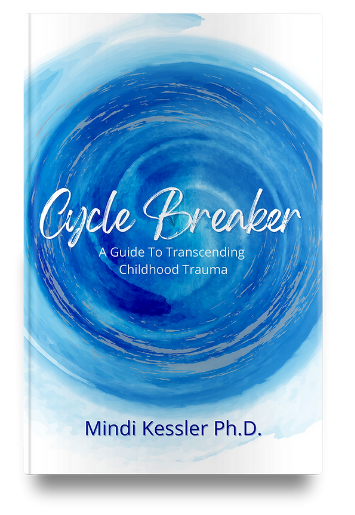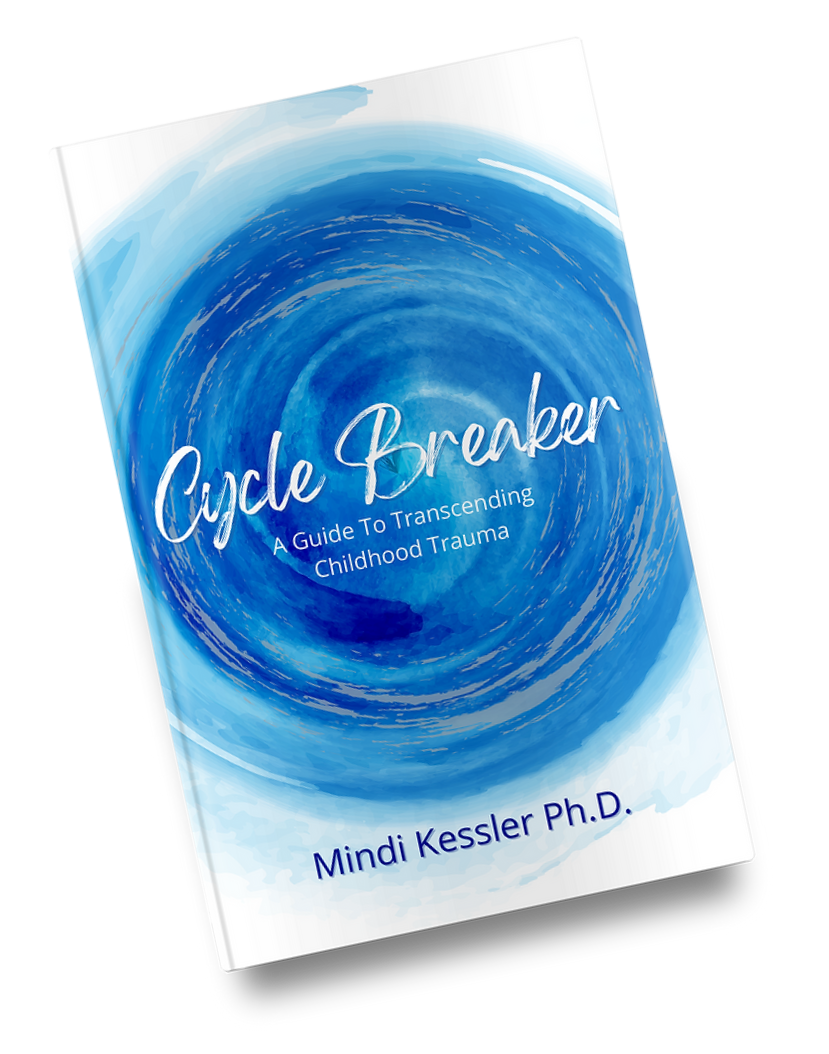Cycle breaker: a guide to Transcending childhood trauma

“Being a cycle breaker means you are the person in your ancestral line who puts an end to destructive intergenerational patterns. You are the courageous one who recognizes that how you were raised was harmful to you, and you don’t want to repeat the same patterns in your life.”
- What if there was a way to live a meaningful and peaceful adult life – even after a childhood where you felt unseen, unheard, and disrespected?
- What if there was a way for you to recover your sense of self-worth, self-confidence, and self-love?
- What if it were possible to let go of the anger and resentment you feel towards those who hurt you, would you?
- Are you ready to transcend your wounding from the past and live with authenticity?


About the book
Cycle Breaker: A Guide To Transcending Childhood Trauma is part memoir and part guide to support adults who want to recover from childhood trauma. Dr. Kessler tells her own story of realizing the depth of trauma she experienced growing up, after living with chronic pain and illness, anxiety, depression, and chronic self-doubt. She shares what she did to heal herself and the methods she uses to support the clients in her therapy and coaching practices
- Understand the origins of your own suffering and recognize that your limitations are not the result of who you are, but rather what happened to you
- Take personal responsibility for your own life by transcending helplessness, powerlessness, and codependency
- Learn more about why we suffer and how to embrace difficulty as a normal part of life.
- Create a vision for your life, motivating you to live a life you love.
- Recognize the common symptoms of childhood trauma, such as anxiety, depression, the need to control everything (you know who you are!), addictions, insecurity in relationships, low self-esteem, and more.
Many people do not realize they suffered trauma as children. I often hear people say “I should be over that by now;” “It wasn’t that big of a deal;” and “other people have it worse” when discussing a painful childhood. People often gaslight themselves by minimizing their own hurts and struggles

Common Symptoms of Developmental Trauma for Adults
- Lack of focus and direction
- Feeling like an impostor
- Perfectionism
- Excessive anger
- People pleasing
- Chronic health issues
- Self-Sabotage
- Avoidance
- Depression
- Anxiety
- Addiction
- Relationship problems
- Self-harm
- Loneliness
You can break the cycle of intergenerational trauma in your family line. You can transform an unfulfilling life into an extraordinary life. The human spirit is tremendously capable of transcending trauma.

Common Symptoms of Developmental Trauma for Adults
- Lack of focus and direction
- Feeling like an impostor
- Perfectionism
- Excessive anger
- People pleasing
- Chronic health issues
- Self-Sabotage
- Avoidance
- Depression
- Anxiety
- Addiction
- Relationship problems
- Self-harm
- Loneliness
You can break the cycle of intergenerational trauma in your family line. You can transform an unfulfilling life into an extraordinary life. The human spirit is tremendously capable of transcending trauma.
Cycle breaker: a guide to Transcending childhood trauma

